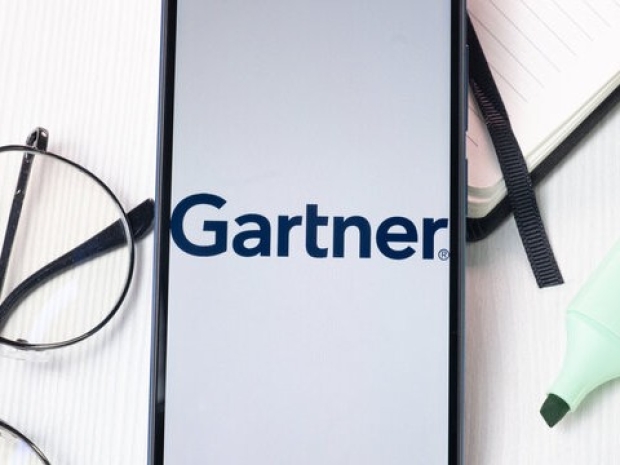Speaking at its Symposium in Australia, Gartner VP analyst Alicia Mullery said that today, 81 per cent of IT work is done by humans without AI assistance. In five years, she predicted, three-quarters of tasks will be humans using AI, with the rest handed off to bots.
Distinguished VP analyst Daryl Plummer told the audience this shift would give IT departments more labour capacity but warned they would need to justify their headcounts.
He said: “You never want to look like you have too many people” and suggested CIOs seek out value-adding work across the business to avoid the axe.
Plummer dismissed talk of an imminent “AI jobs bloodbath”, claiming just one per cent of job losses today are down to AI. He did admit that junior positions will dry up, as senior staff will increasingly use AI tools to handle tasks they used to delegate.
The pair were less cheery about the costs of using AI. Plummer said that unlike ERP, which has predictable licensing and training costs,
He said AI creates ongoing headaches as organisations scramble to keep up with vendors’ frantic release cycles. Companies adopting AI should expect a slew of hidden expenses, from sourcing datasets to wrangling multiple models. He added that enterprises will need to use one AI to check another’s output, which piles on more costs.
According to Big G, 65 per cent of CIOs are not breaking even on AI investments, though the firm still insists execs should keep spending. Plummer and Mullery recommended AWS, Microsoft, Google and Alibaba which they say are the geopolitical superpowers of the cloud world.
OpenAI, Meta, Anthropic, DeepSeek and XAI were slapped with the “wildcard” label and deemed “not enterprise ready.” Plummer said OpenAI “just hasn’t done the work” on licensing or integration with enterprise software, even though Microsoft’s Copilot relies on its tech.
The analysts advised CIOs to look past simple AI chatbots and instead explore so-called interactive agents capable of handling autonomous negotiations with suppliers.

